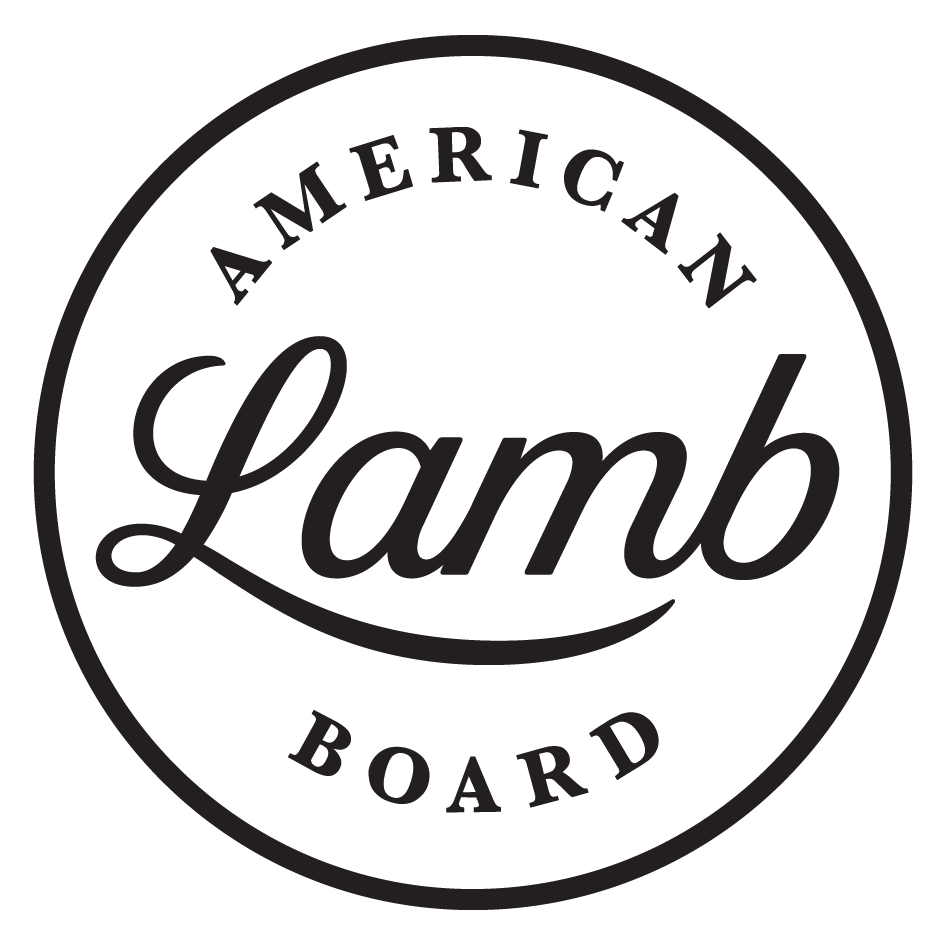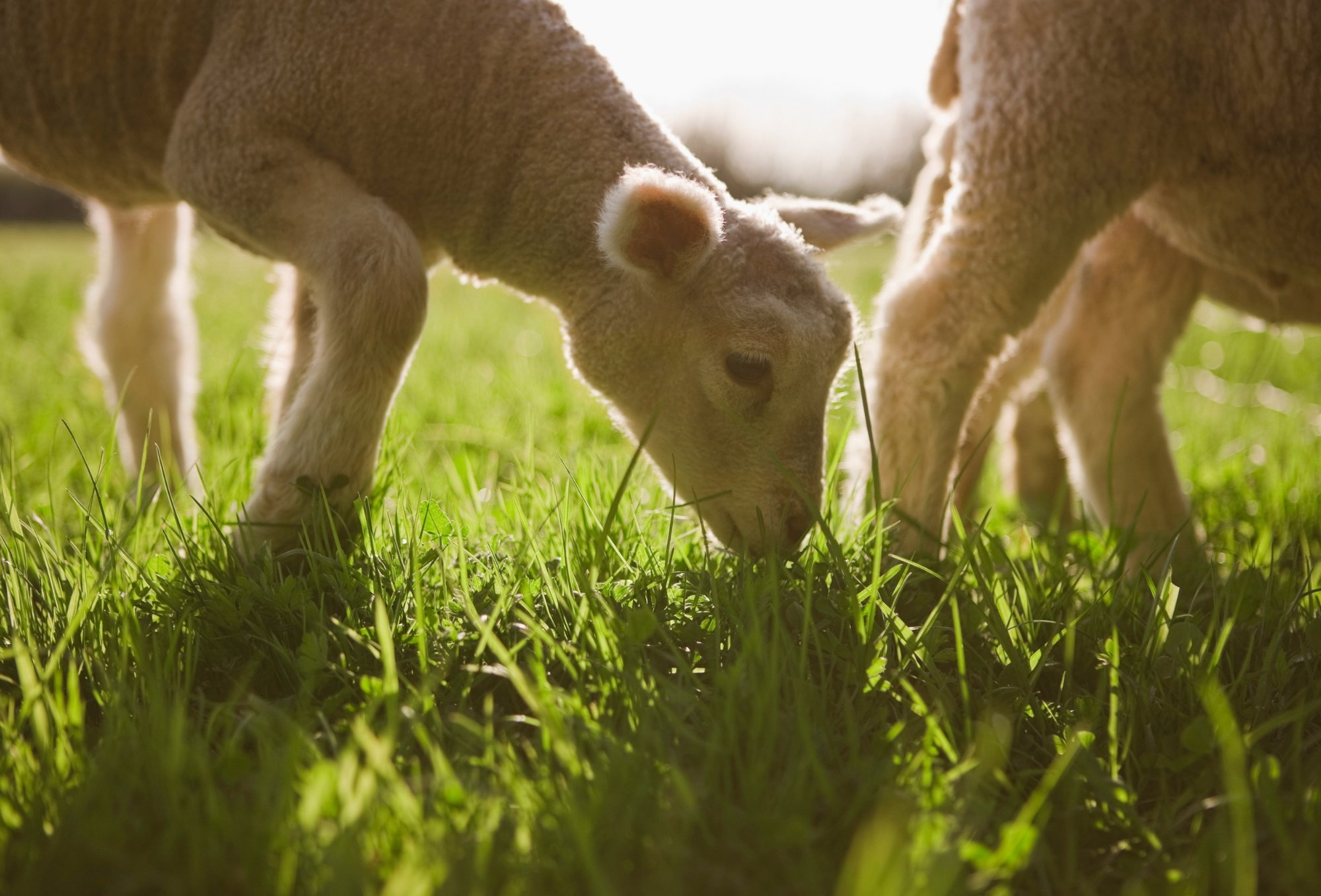American Lamb Board
Progressing Sustainability
The American Lamb current and potential customers seem inclined to use sustainability factors when making purchase decisions. This issue is moving beyond a trend so it’s time for the American Lamb industry to take more aggressive action. ALB chooses to view this new challenge as an opportunity, devoting resources on projects that are intended to help producers increase productivity and lead to greater sustainability.
USDA Climate Smart Grant
On December 12, 2022, USDA announced its investment in 71 projects under the second funding pool of Partnerships for Climate-Smart Commodities. This included a grant awarded to the American Lamb Board (ALB) for “Measuring the Climate Benefits and Emissions of Prescribed Sheep Grazing and Promoting the Consumption of Climate-Smart Lamb.”
The ALB project seeks to measure and report carbon sequestration, soil health and other benefits, and associated ecosystem services provided by prescribed sheep grazing on four different pilot demonstration sites throughout the US., and market the resulting climate-smart lamb products. The USDA grant budget is $4.995 million.
An important first step is signing up US sheep producers to participate. There are opportunities to receive incentives and rewards. Stay tuned for your chance to sign-up.
Greenhouse Gas Mitigation Strategies
Using findings from its landmark Environmental Footprint Study, Michigan State University is developing mitigation strategies and best practices for each production system to reduce GHG emissions. This will lead to a substantial producer education initiative and projects to develop on-farm resources by the American Lamb Board.
Downloadable resources
Michigan State University Environmental Footprint Study
The American Lamb Board’s (ALB) benchmark research on the environmental footprint of the US Lamb industry focused on collecting data from representative US sheep farms/ranches and feedlots related to greenhouse gas emissions. The four types of operations represented were: intensive production, intensive grazing, extensive grazing and range. ALB contracted with Michigan State University (MSU) for this project. Primary researchers were Richard Ehrhardt, PhD, and Erin Reckenwald, PhD.
MSU researchers have the data to now compare the amount of greenhouse gases (GHG) required to produce 1 kilogram of lamb from each production type. Major food production industries in the US have completed research to establish GHG emissions per 1 kilogram of product. Establishing this benchmark data enables the industry to work on specific weaknesses and build on strengths. Previously, any data for lamb production GHG emissions has been based on assumptions and has put a black eye on the entire industry.




